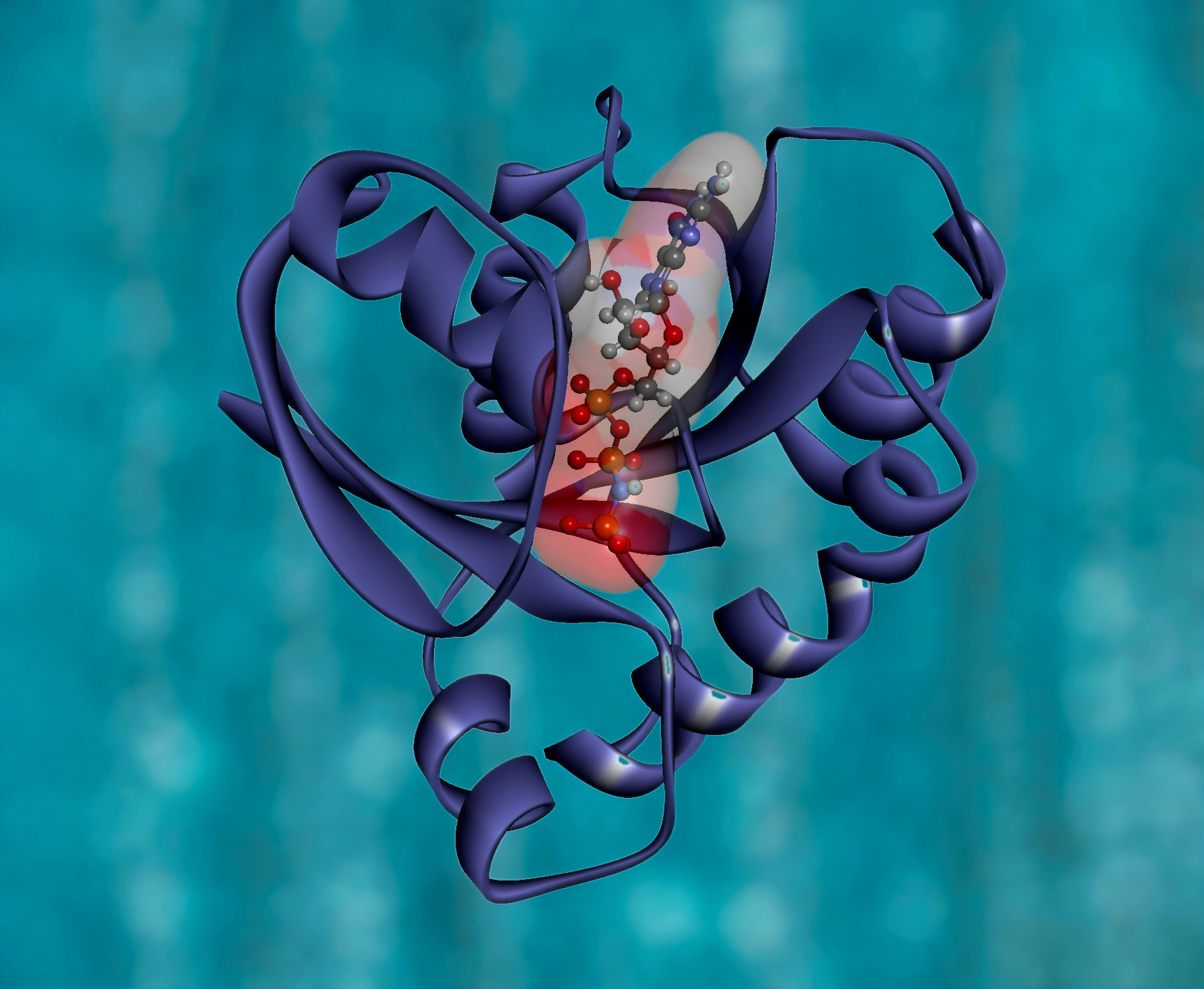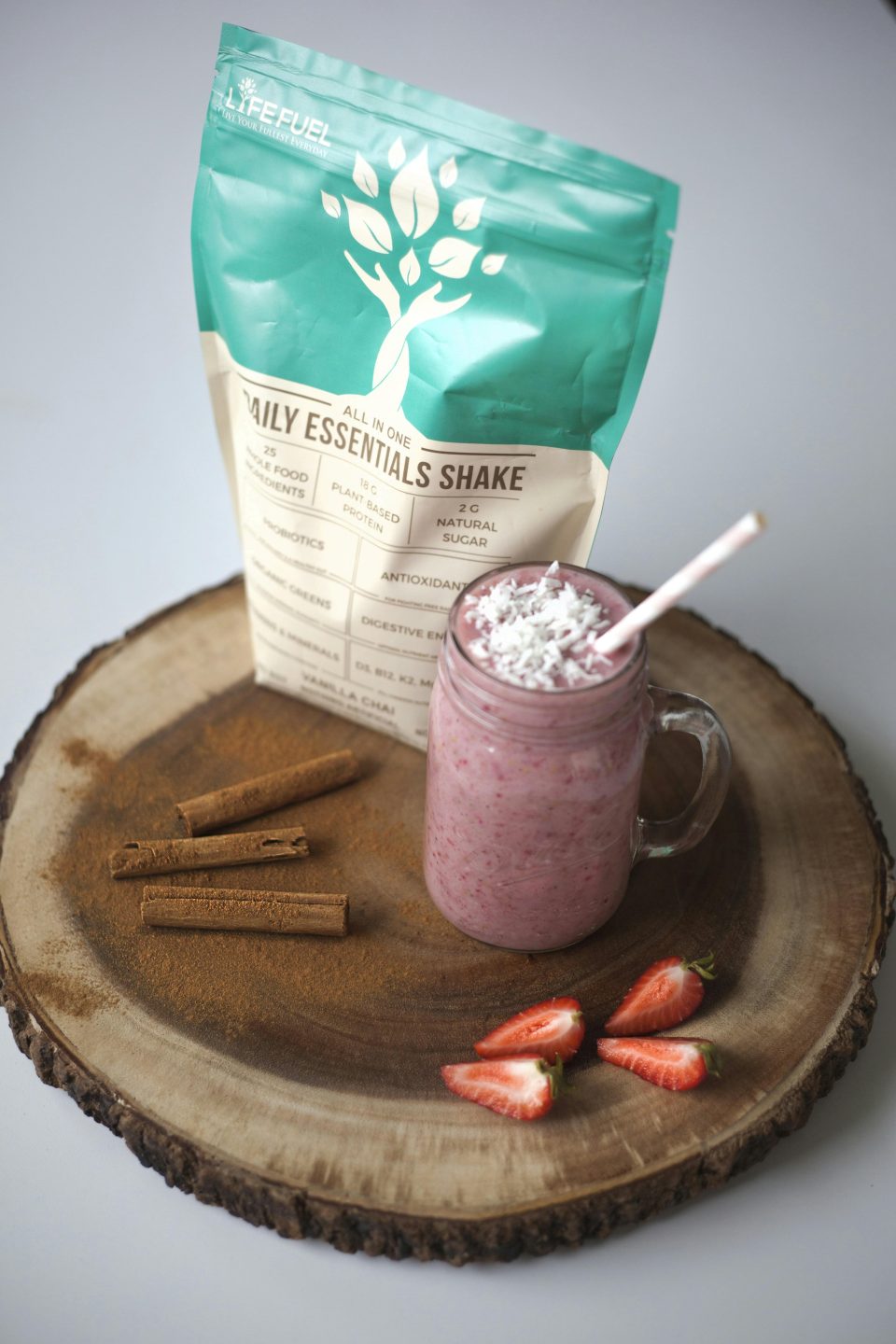In the intricate symphony of human biology, proteins play a pivotal role as the masterful conductors orchestrating the harmonious balance between strength and vitality. As the unsung heroes of nutrition, these complex molecules are far more than mere dietary components; they are the fundamental architects of lean muscle mass, sculpting and preserving the very essence of our physical form. This article delves into the multifaceted role of protein in maintaining lean muscle mass, exploring its dynamic functions and the science behind its vital contributions to our bodies. Join us as we unravel the intricate tapestry of protein’s influence, shedding light on how it supports not only athletes and fitness enthusiasts but anyone striving for a healthier, more resilient physique.
Understanding Proteins Influence on Muscle Dynamics
Proteins are often heralded as the building blocks of life, and their role in muscle dynamics is no exception. They are crucial for not only building muscle but also maintaining and repairing it. When you engage in physical activities, especially strength training, muscle fibers undergo microscopic tears. Proteins, particularly amino acids, are essential in the repair and rebuilding process, enhancing muscle strength and endurance over time. This biological process not only supports muscle growth but also aids in preserving lean muscle mass, which is vital for overall health and metabolic efficiency.
For those looking to optimize their muscle dynamics, consider incorporating the following strategies into your routine:
- Balanced Diet: Ensure your meals are rich in high-quality protein sources like lean meats, fish, eggs, and legumes.
- Supplementation: If dietary intake falls short, protein supplements can help bridge the gap.
- Timing: Consuming protein-rich foods post-workout can maximize muscle repair and growth.
- Variety: Incorporate a mix of different protein sources to provide a broad spectrum of amino acids.
By understanding and leveraging the power of proteins, one can not only build but also sustain lean muscle mass, which is crucial for long-term health and vitality.
Essential Amino Acids: The Building Blocks of Strength
At the heart of every thriving muscle lies a complex tapestry of essential amino acids, each playing a pivotal role in the synthesis of proteins that sustain lean muscle mass. These amino acids are indispensable because our bodies cannot synthesize them on their own. Instead, they must be sourced from the foods we consume. Leucine, isoleucine, and valine are the renowned trio of branched-chain amino acids (BCAAs), celebrated for their ability to enhance muscle recovery and growth. But they are not alone in this mission. Other essential amino acids like lysine, methionine, and tryptophan contribute to various metabolic pathways that ultimately support muscle integrity and function.
To truly harness the power of these vital nutrients, it’s crucial to integrate a diverse array of protein sources into your diet. Consider incorporating:
- Lean meats such as chicken and turkey
- Fish like salmon and tuna
- Plant-based options like lentils and quinoa
- Dairy products including yogurt and cheese
By ensuring a balanced intake of these protein-rich foods, you not only provide your body with the essential amino acids it needs but also lay the foundation for a robust and resilient musculature.

Balancing Protein Intake for Optimal Muscle Preservation
Achieving the right equilibrium in protein consumption is essential for sustaining lean muscle mass, especially as our bodies naturally tend to lose muscle with age. A nuanced approach to protein intake involves not just quantity, but also the timing and quality of the protein sources. To ensure that muscle preservation efforts are maximized, consider incorporating a variety of high-quality protein sources throughout your daily meals.
- Animal-based proteins: Opt for lean meats, poultry, fish, and eggs which are rich in essential amino acids.
- Plant-based proteins: Incorporate legumes, nuts, seeds, and whole grains to diversify your protein sources.
- Protein timing: Distribute protein intake evenly across meals to enhance muscle protein synthesis.
Balancing protein intake requires mindfulness about both the quality and the distribution of protein throughout the day. This strategic approach not only aids in maintaining muscle mass but also supports overall health and wellness.

Crafting a Protein-Rich Diet for Sustained Muscle Health
In the quest for optimal muscle health, incorporating a protein-rich diet is essential. Proteins serve as the building blocks of muscles, playing a crucial role in repair and growth. To ensure that your diet supports sustained muscle health, focus on consuming a variety of protein sources. Consider integrating lean meats like chicken and turkey, which are low in fat yet high in quality protein. Fish such as salmon and tuna not only provide protein but also essential omega-3 fatty acids that aid in muscle recovery. For those who prefer plant-based options, foods like tofu, lentils, and quinoa offer substantial protein content and are excellent choices for maintaining lean muscle mass.
- Lean Meats: Chicken, turkey
- Fish: Salmon, tuna
- Plant-Based: Tofu, lentils, quinoa
Beyond selecting the right foods, consider the timing and distribution of your protein intake throughout the day. Consuming protein-rich meals or snacks every few hours can optimize muscle protein synthesis, a process vital for muscle maintenance and growth. Additionally, pairing protein with complex carbohydrates and healthy fats can enhance nutrient absorption and energy levels, providing a balanced approach to nutrition. By thoughtfully crafting your diet with diverse protein sources and strategic meal planning, you can effectively support your muscle health and longevity.

